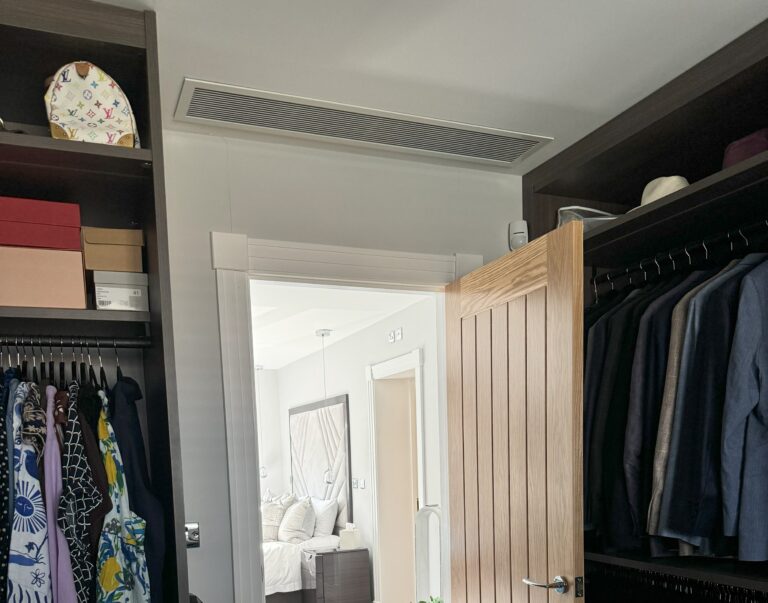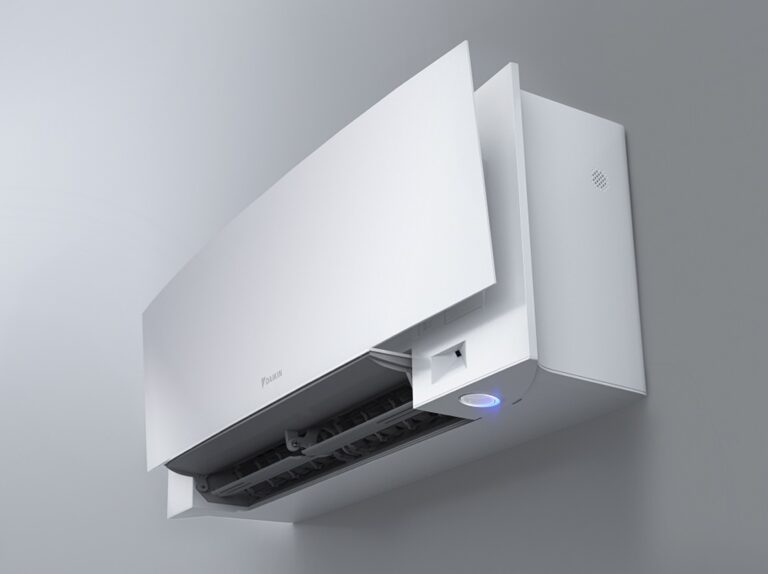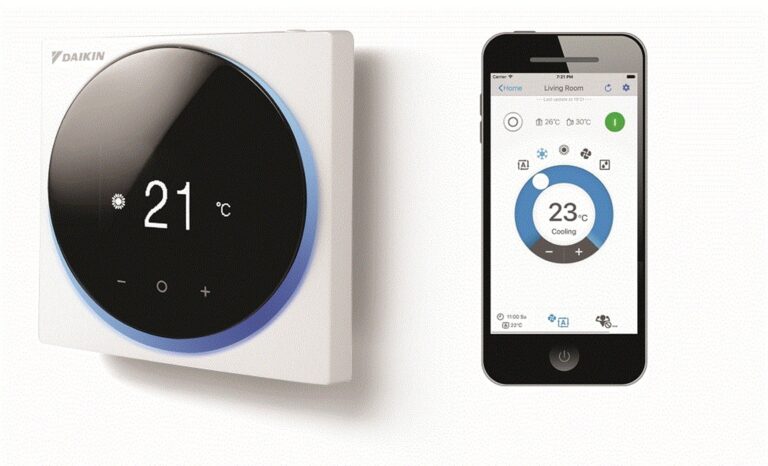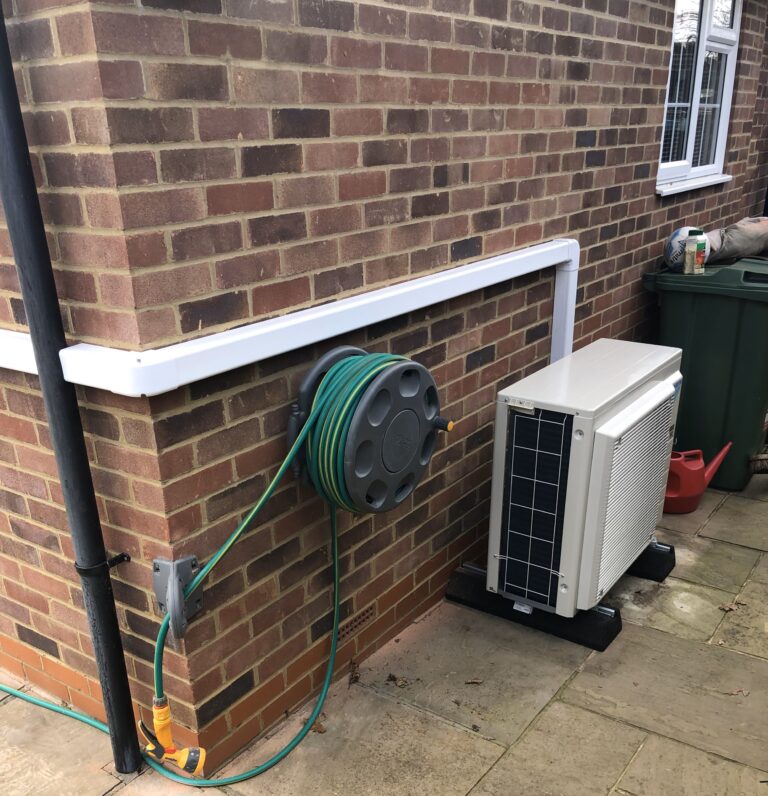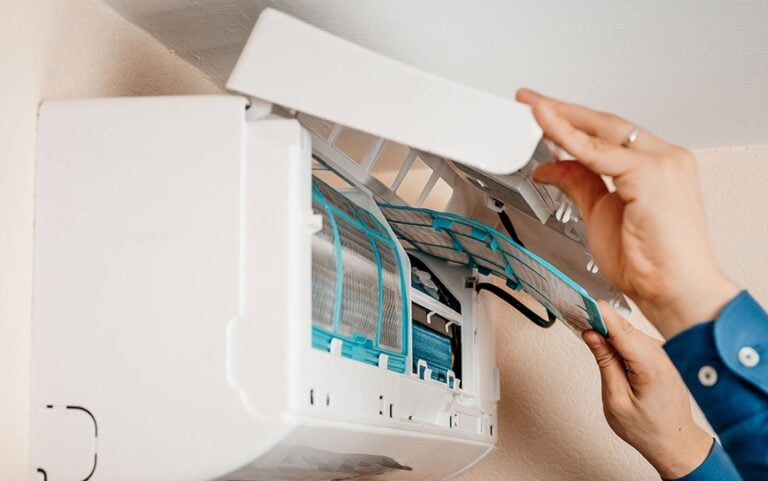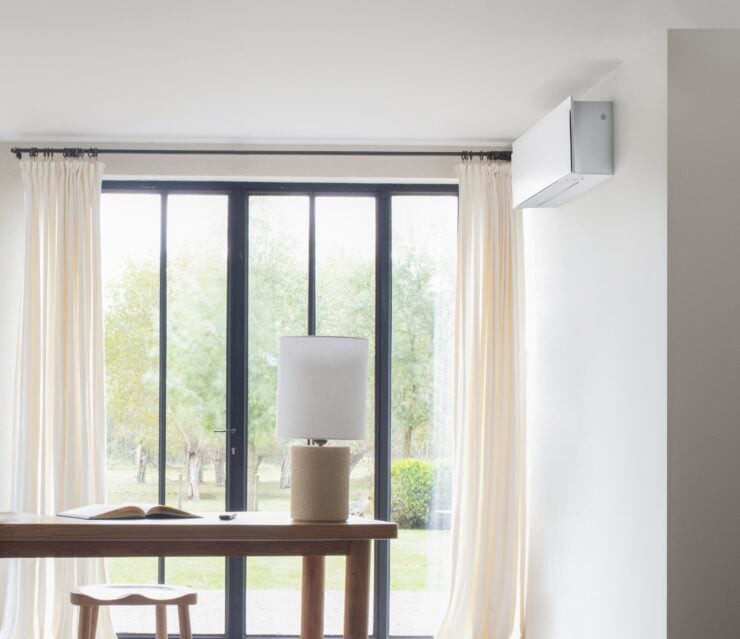
Ask anyone with home air conditioning if they wished they’d installed it sooner, and they’ll say yes.
Home air conditioning keeps the indoor temperature perfect and the air clean all year round. It is quiet, efficient and can be controlled in the home or remotely – more on that later.
Planning to install home air conditioning
Like any home improvement, it’s good to plan ahead and think about your needs. So, if you’re thinking about installing air conditioning in your home, let’s start with the basics.
Air conditioning systems, otherwise known as heat pumps, are highly energy efficient, quick to install, and will add value to your property. And because they are classed as renewable technology, there’s no VAT to pay on the equipment.
So, there’s no time like the present to start preparing for installing home air conditioning.

